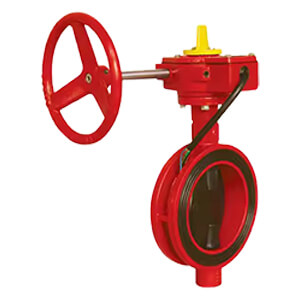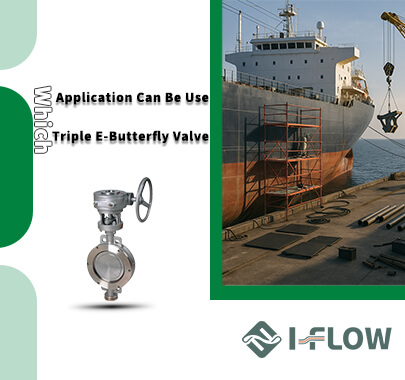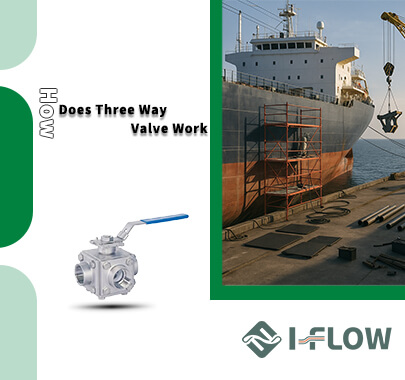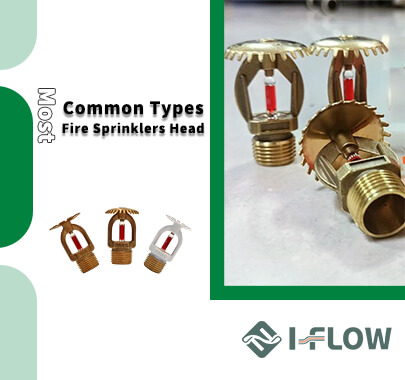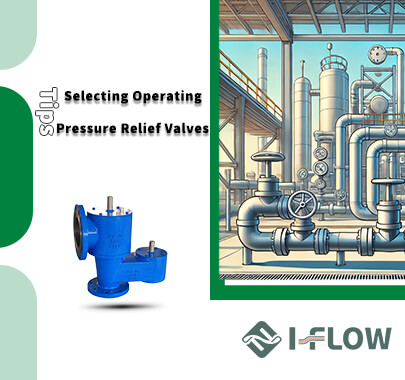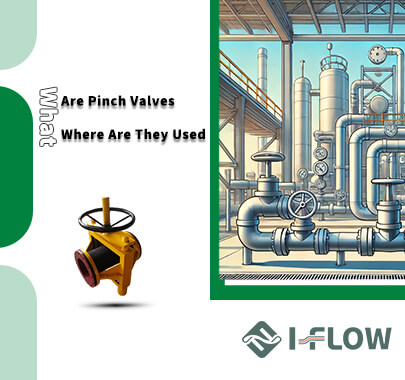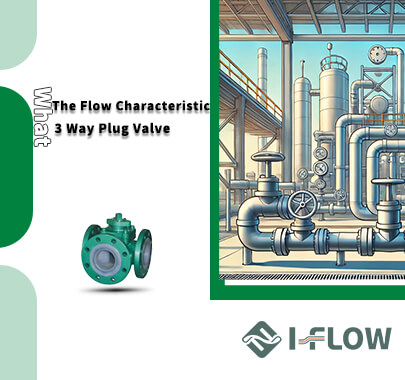What Is The Fire Valve
The fire valve is a device used in fire suppression systems to control the flow of extinguishing agents—whether water, foam, or a chemical agent—into the affected area during a fire. Fire valves can be manual or automatic, and they are designed to be triggered in the event of a fire, ensuring that the suppression system functions efficiently and quickly. 1. Determine the Type of Fire Protection System You Have
Sprinkler Systems: Fire valves in sprinkler systems are typically used to control the water supply, and they must be able to handle high flow rates.
Foam Systems: Foam systems require fire valves designed to mix water and foam agents at the correct ratio to suppress fires effectively.
Water Mist Systems: These systems often use low-pressure nozzles and require specific valves designed to work with water mist technology.
2. Consider Valve Size and Flow Capacity
The size of the valve and its flow capacity are crucial to ensuring that your fire suppression system works efficiently. If the valve is too small, it can restrict the flow, reducing the effectiveness of the system. Conversely, an oversized valve might waste resources or fail to create the proper pressure required to activate the system.
Flow Requirements: Assess the flow rates of the system and select a valve that can handle those requirements, ensuring adequate pressure and coverage.
Pipe Size Compatibility: Ensure the fire valve matches the diameter and flow requirements of the piping system for optimal performance.
3. Material Selection for Fire Valves
Stainless Steel: Highly resistant to corrosion and extreme temperatures, making it ideal for fire protection systems in industrial applications and outdoor environments.
Bronze or Brass: Often used in commercial and residential fire systems, these materials are more affordable but still offer reliable corrosion resistance.
Cast Iron: Used in large, industrial-scale fire suppression systems, cast iron valves are durable and designed to handle high flow and pressure requirements.
4. Automatic vs. Manual Actuation
Automatic Fire Valves: These valves are triggered automatically when the system detects a fire. Automatic valves are ideal for large facilities or systems where rapid activation is necessary without the need for manual intervention.
Manual Fire Valves: Manual valves require human intervention to open or close, making them suitable for smaller systems or areas where constant monitoring is possible.
If your business involves larger premises or systems that must activate immediately without human intervention, automatic fire valves are often the better choice. However, for smaller or less critical areas, manual fire valves might be more practical.
5. Environmental Considerations
Temperature: If the fire valve will be exposed to extreme temperatures, make sure it is rated for high or low-temperature conditions.
Corrosive Environments: For systems installed in environments with corrosive elements (e.g., near saltwater or in chemical processing plants), corrosion-resistant materials like stainless steel are a must.
Space Availability: If you are working with limited space, compact valves such as wafer-style fire valves might be ideal.
Ensure the valve you select is suited to the specific conditions of your environment to avoid early wear or failure.
6. Maintenance and Durability
Fire valves are critical safety components, so selecting a valve that requires minimal maintenance is important. Some valves are self-cleaning, while others require periodic checks and servicing. Automatic valves, for instance, typically require less ongoing maintenance than manual ones. However, it is still essential to perform routine inspections to ensure they are functioning correctly.

.png)
 en |
en |








